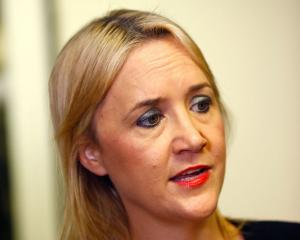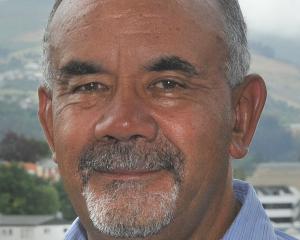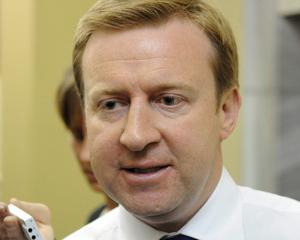
The Budget funding, announced by Education Minister Nikki Kaye today, will allow the Teach First NZ programme to recruit an additional 90 teachers, beginning next year.
They will fill shortages in hard-to-staff, core subjects such as maths, science and technology.
Teach First, which was launched in 2013, attracts top university graduates and puts them through an eight-week crash course before employing them in low decile schools for two years.
It has proved popular with principals where the teachers were employed.
''Teach First NZ graduates have proved hugely influential on the students they teach during their training, making a real difference to young people in subjects than can be challenging,'' Kaye said.
The programme has also been controversial. Education unions challenged the scheme in court after it was found to be breaking the law by placing graduates in positions which had not been advertised.
The programme was initially developed by the University of Auckland, but that partnership ended this year. It has been picked by The Mind Lab at Unitec, which is waiting on approval from the New Zealand Qualification Authority to run the programme.
Kaye said the $5.2m would be reprioritised funding from within the tertiary education budget.
She also announced new initiatives to be funded in next week's Budget which aim to further lift the supply and quality of teaching.
There are currently around 100,000 teachers in New Zealand and Kaye said she had been advised that this was ``a reasonable number to support our education system''.
But she accepted there were pressures in some core subjects and some parts of the country.
As a result, the Government will give $2m to the Education Council to create an induction and mentoring programme which would allow teachers who were about to lose their certification to gain full registration.
Around 6450 teachers currently had a provisional practising certificate. The new programme was expected to help 700 teachers who might otherwise leave the education system to get full registration, Kaye said.
Priority would be given to maths, technology and te reo Maori teachers and teachers in high-demand locations.
``By providing further support to teachers whose provisional certificate is nearing expiry we hope to encourage more of them to stay on in the profession and gain their full certificate,'' Kaye said.
``Many of these will be relieving and part-time staff who are an essential part of the education workforce.''
The Cabinet has also agreed to lift a moratorium on new teacher education programmes, beginning in January.
The moratorium was put in place in 2000 because of concerns about a proliferation of training programmes, which had variable quality.
Kaye said that since then, quality assurance processes had been strengthened.












